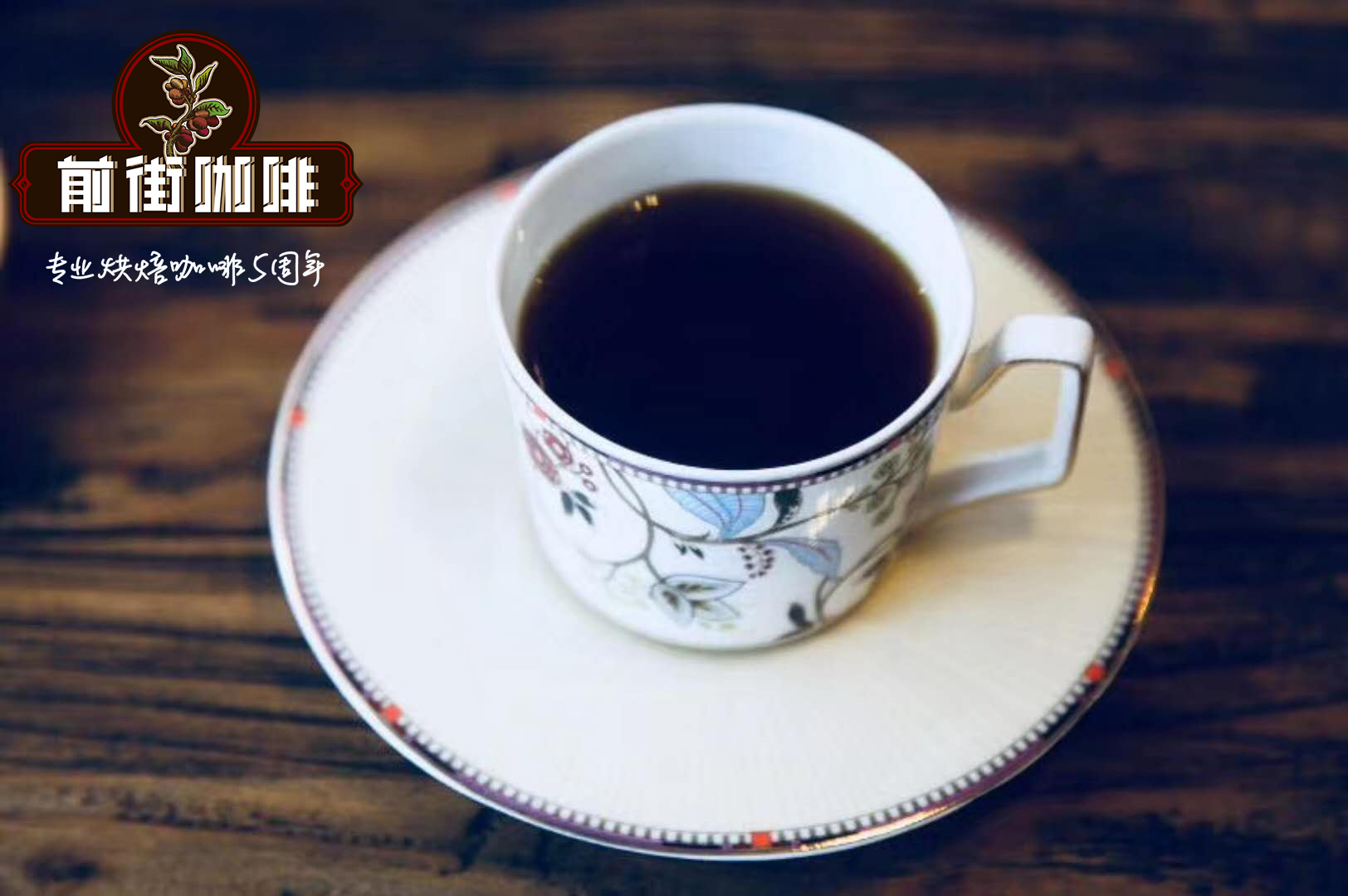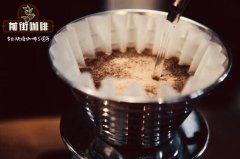What is decaf? Will Starbucks' decaf coffee be healthier?

Professional coffee knowledge exchange more coffee bean information please follow the coffee workshop (Wechat official account cafe_style)
Coffee is a necessary drink for many people every day, not only to boost their spirits or wake up, but also a kind of life, but many people are unable to touch delicious coffee because they are afraid that caffeine will keep them awake. Is it because you drink the wrong coffee that you are so worried about insomnia or palpitations? This article takes you to study the process of caffeine and decaffeinated coffee.
We often see Arabica beans claimed in advertisements or in stores because Arabica beans have lower caffeine than Robusta, Arabica beans grow in high altitude, volcanic ash soil and other fine terrain, and Arabica beans have cold vegetables like vegetables. Arabica coffee is sweet, sour and rich in oil, but its yield is not so high because it is not strong in resistance to insect pests. The price will be more expensive. Robusta, on the other hand, grows at low altitude, has strong resistance to insect pests, and produces a lot of coffee, most of which are used as instant coffee, so people who drink instant coffee with palpitations and insomnia may be Robusta beans with too much caffeine. Luodou has two to three times the caffeine content of Arabica.
The espresso that most people drink is brewed with mixed beans, which may include Arabica and Robusta. Pairing good quality robusta beans will improve the taste. Here it is emphasized that it is a good Robusta. Many articles will introduce that Robusta is bitter and cheap, but if the quality is good, it even tastes better than the poor quality Arabica beans. Just pay attention to your caffeine intake while drinking!
Coking reaction
The more coking reactions will cause palpitations and physical burden, some of the dissolved substances are bad for the body, there are about the following kinds of coking reactions:
Baking and coking
With so many countries and farmers growing coffee beans in the world, there are more choices for coffee industry. some companies choose low-cost, low-quality beans to make the beans smell rich through baking. however, it has caused the coking of soybean oil to release substances that are easy to cause palpitations and physical burden.
Grinding bean coking
A bad bean grinder does badly on the heat dissipation of the cutter head, which will cause the heat generated during grinding to make the coffee powder with a larger contact area absorb too much heat, resulting in coking and loss of flavor.
Extraction coking
In the process of extraction, because the time is too long or the water temperature is too high, it not only affects the taste of the coffee itself, but also makes the coffee beans release bad substances.
"it is caused by alkaloids, not caffeine. Caffeine is not only seen in coffee, such as tea, cola and even energy drinks contain high caffeine, but it is rare to hear people have palpitations caused by drinking tea and cola. Why is that?"
Caffeine is not the killer, the killer lies in alkaloids. If the coffee fruit is not ripe, it is picked or not really roasted when the coffee beans are roasted, resulting in the residue of alkaloids, and then released into the coffee through the brewing process. We drink, the body in order to eliminate toxins caused by palpitations, palpitations are toxic reactions of the human body, in order to quickly metabolize toxins, it will speed up beating and contracting power.
Decaffeinated coffee (Decaffeinated Coffee/Decaf)
Decaffeinated coffee on the market is easy to find on the Internet, and even Starbucks is selling it. Coffee hunters do not recommend you to use decaffeinated coffee. Decaffeinated coffee reduces caffeine through the processing process, thus reducing the flavor of a lot of coffee, so the original intention of drinking coffee is gone.
Decaf coffee can be processed in four ways:
Indirect solvent
In this way, coffee beans are soaked in near-boiling water for hours, extracting caffeine and many flavor elements into the water. The water is then separated from the coffee beans and added with methylene chloride or ethyl acetate. The chemical molecules break down the caffeine and evaporate it by heating. The final liquid is then introduced into the coffee beans to reabsorb the coffee oil and aroma. This method is quite popular in Europe, and there are also names such as European law, dichloromethane method, European step and so on.
Direct solvent
This method will steam the coffee beans for about 30 minutes, heat the pores of the coffee beans, and then add solvents to rinse together, usually using dichloromethane or ethyl acetate. Caffeine can be removed after about 10 hours, and then these solvents can be poured out. Re-steam the coffee beans to remove the residue. This method usually uses ethyl acetate, which is also called natural decaffeination or ethyl acetate.
Swiss water treatment method
After the coffee beans are soaked in warm water, the caffeine dissolves into the water, filters the caffeine with activated carbon utensils, and pours the melt back into the coffee beans. This method does not use chemical solvents, but the coffee loses a lot of flavor in the process of filtration.
Carbon dioxide high pressure extraction
In this way, coffee beans soaked in water are placed in stainless steel buckets, the released carbon dioxide is turned into a liquid under high pressure, caffeine is extracted, and the carbon dioxide liquid is returned to room temperature to return to gas. Because of the cost, this method is usually used on a large number of coffee beans, such as brands that can be found in the supermarket.
If friends who like coffee but are afraid of caffeine should have a more detailed understanding after reading this article, they will not want to buy decaffeinated coffee. In fact, choose coffee beans and pay attention to the way they are brewed. A good cup of coffee will not cause palpitations or insomnia. Caffeine in coffee is water-soluble and absorbs enough water to help the body get caffeine out of the body.
Caffeine is named after coffee. It would be a pity to give up the flavor it should have for the sake of caffeine, and the processing modes introduced in this article are also partial to chemical processing. In this era of health pursuit, coffee should also be a little more pure, okay?
Important Notice :
前街咖啡 FrontStreet Coffee has moved to new addredd:
FrontStreet Coffee Address: 315,Donghua East Road,GuangZhou
Tel:020 38364473
- Prev

Caffeine, wonderful and fragrant, has become the most popular addictive drink in the world. Why is it delicious?
Coffee workshop (Wechat official account cafe_style) Coffee is the world's most popular addiction ingredient caffeine wonderful and aromatic source, since it spread from Ethiopia in the 15th century, its spread has not stopped. In the Arab world, coffee is a substitute for wine, which leads to the rise of cafe culture.
- Next

Hainan Xinglong coffee beans. The difference between mainland coffee and Taiwan coffee.
Professional coffee knowledge exchange more coffee bean information please follow the coffee workshop (Wechat official account cafe_style) both sides are committed to operating "coffee brands", the mainland coffee bean producing areas are Yunnan, Hainan, Guangdong and other places, among them, Yunnan, with plateau red soil, is suitable for "small seed coffee"; Hainan has a moderate temperature during the day and night, and the coffee is strong but not bitter, and it is most famous for "Xinglong Coffee". Taiwan
Related
- Beginners will see the "Coffee pull flower" guide!
- What is the difference between ice blog purified milk and ordinary milk coffee?
- Why is the Philippines the largest producer of crops in Liberia?
- For coffee extraction, should the fine powder be retained?
- How does extracted espresso fill pressed powder? How much strength does it take to press the powder?
- How to make jasmine cold extract coffee? Is the jasmine + latte good?
- Will this little toy really make the coffee taste better? How does Lily Drip affect coffee extraction?
- Will the action of slapping the filter cup also affect coffee extraction?
- What's the difference between powder-to-water ratio and powder-to-liquid ratio?
- What is the Ethiopian local species? What does it have to do with Heirloom native species?

